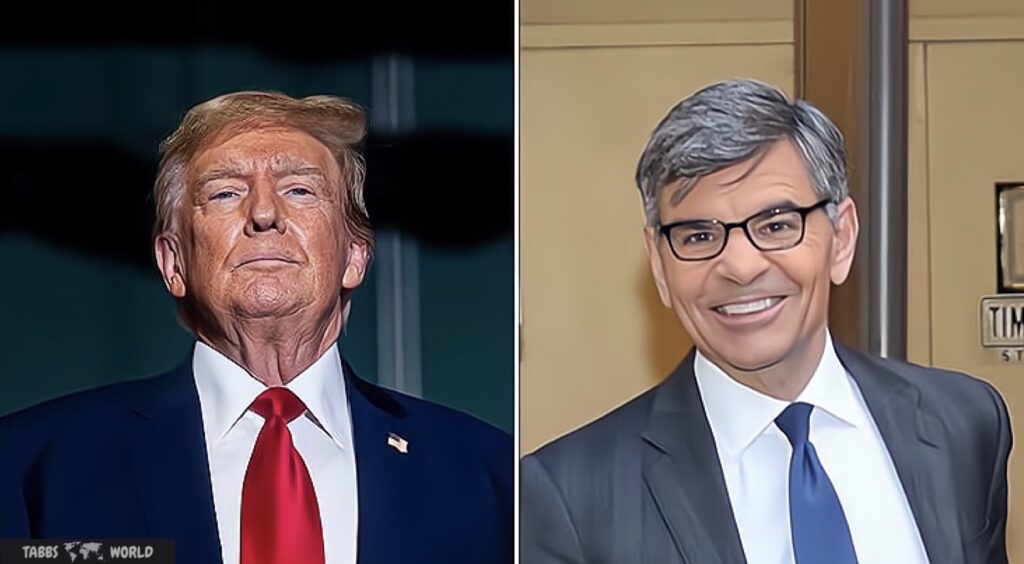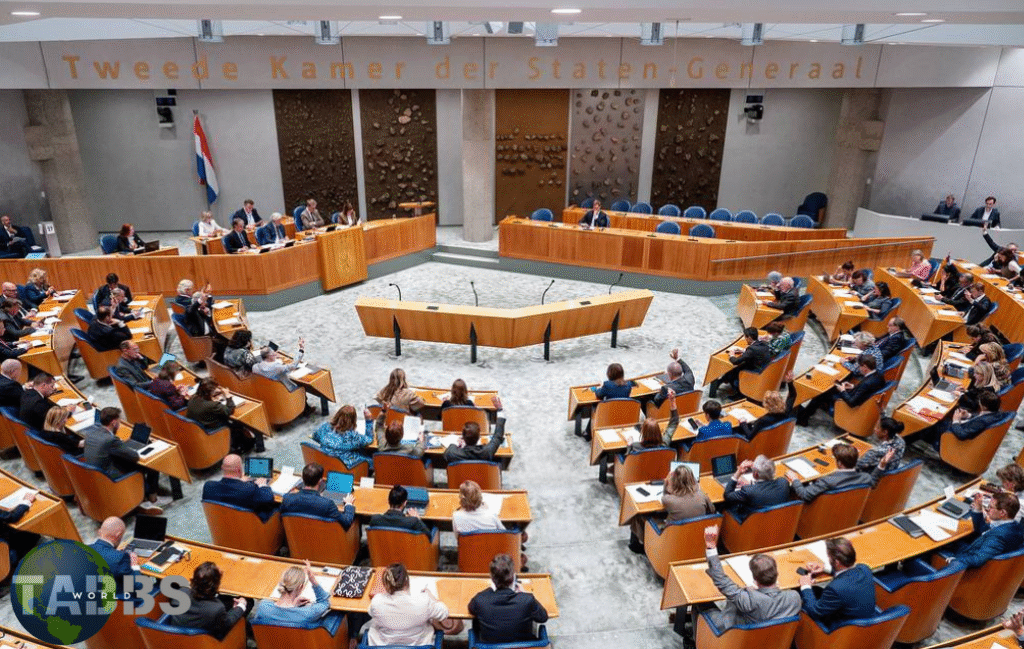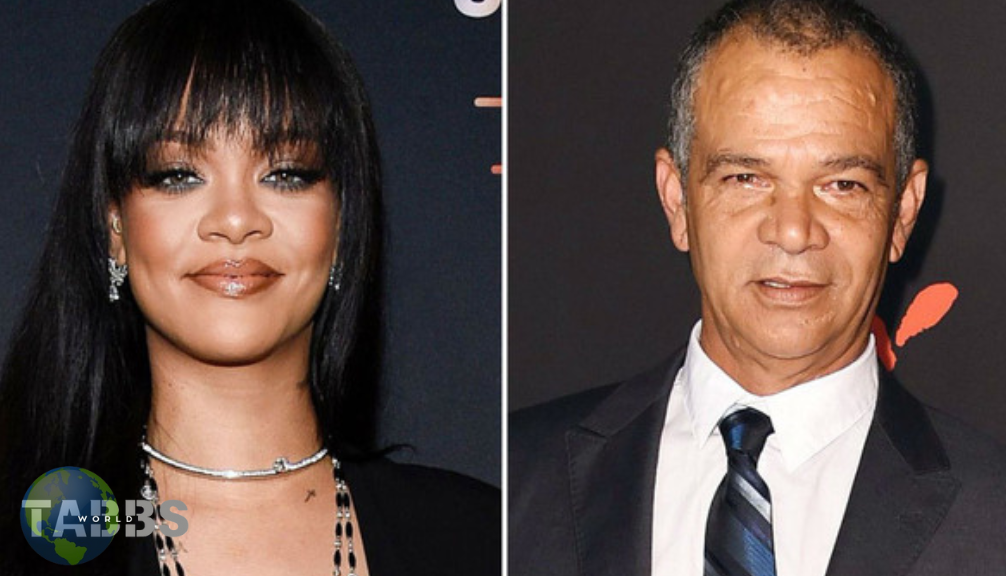Former President Donald Trump is in the headlines again, this time for suing ABC News and its host George Stephanopoulos over allegations of rape. The legal battle, which pits one of the most prominent figures in American politics against a major media outlet, has sparked intense scrutiny and raised questions about press freedom, defamation, and the power dynamics between public figures and the media. Questions have been raised about.

Allegations:
The case arose out of coverage of a rape allegation made against Trump by ABC News writer E.Jane Carroll. Carroll accused Trump of sexually assaulting her in the dressing room of a Manhattan department store in the mid-1990s. Trump has vehemently denied the allegation, calling it “absolutely false” and a “hoax”.
ABC News coverage:
ABC News, along with host George Stephanopoulos, covered Carroll’s accusation extensively, reviving public interest in the decades-old allegation. The network’s coverage also included an interview with Carroll, in which he reiterated his claims against Trump. Stephanopoulos, a veteran journalist and former White House communications director, provided analysis and commentary on the allegations, fueling the controversy.

Trump’s response:
In response to ABC News’ coverage, Trump and his legal team have gone on the offensive, filing a defamation suit against the network and Stephanopoulos. The lawsuit alleges that ABC News and Stephanopoulos acted with malice and reckless disregard for the truth by exaggerating Carroll’s allegation without any evidence or corroboration. Trump is seeking significant damages and a public retraction of statements made against him.

Legal Implications:
The case raises important legal questions regarding the limits of press freedom and the responsibilities of journalists when reporting allegations against public figures. Although the First Amendment protects freedom of the press, it does not provide immunity from defamation claims if a news organization intentionally publishes false information with malice.
Result:
Donald Trump’s lawsuit against ABC News and host represents a high-stakes legal showdown with far-reaching implications for the media landscape and the relationship between public figures and journalists. As the case unfolds in courtrooms, it will continue to capture public attention and shape ongoing debates about press freedom, defamation and accountability in the digital age.
Table of Contents
What is the basis of Donald Trump’s lawsuit against ABC News and George Stephanopoulos?
Trump’s lawsuit likely stems from an allegation of defamation, claiming that ABC News and Stephanopoulos made false and damaging statements about him by airing or promoting a rape claim against him.
What is defamation, and how does it apply here?
Defamation involves making false statements about someone that harm their reputation. If ABC News and Stephanopoulos aired or promoted false rape claims against Trump, it could be considered defamation if it meets the legal criteria.
Can Trump sue over a rape claim even if it’s reported by a news outlet?
Yes, Trump can sue if he believes the rape claim is false and was reported with malicious intent or with reckless disregard for the truth. Being a public figure, Trump would need to prove actual malice on the part of ABC News and Stephanopoulos.
What evidence would Trump need to prove defamation?
Trump would need to provide evidence that the rape claim was false, that ABC News and Stephanopoulos knew or should have known it was false but aired it anyway, and that it caused harm to his reputation or resulted in tangible damages.




Thanks for sharing. I read many of your blog posts, cool, your blog is very good.